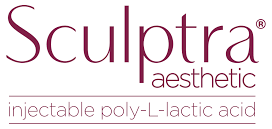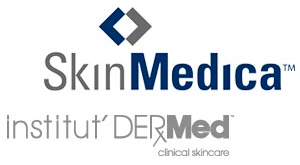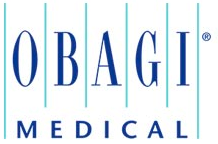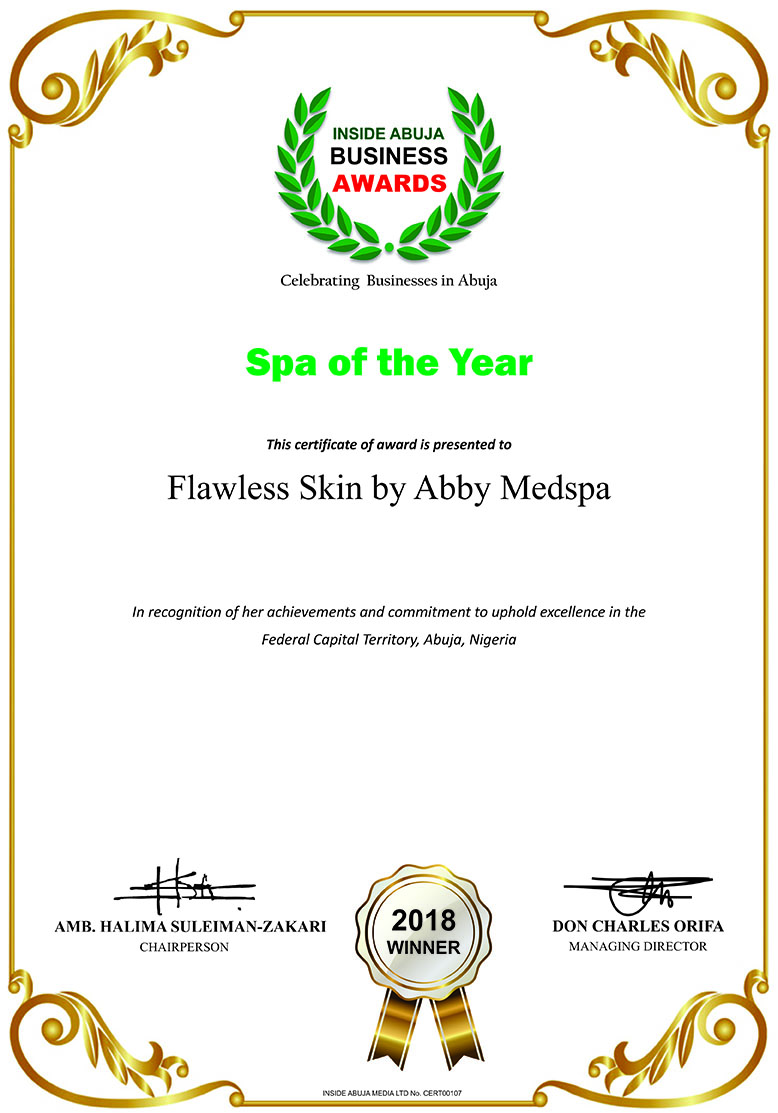Frequently Asked Questions about Skin Care
What skin type do I have?
There are a few different skin types—normal, dry, oily, combination, and sensitive. Knowing what skin type you have is important, as you can then choose the best products and treatments to maintain healthy, glowing skin. To determine the exact type of skin you have, we run a skin analysis using our high tech machines.
What skincare products can I use while pregnant?
There are many safe products to use while pregnant. When considering a product, be sure the ingredients don’t include retinols, benzoyl peroxide, salicylic acid, and hydroquinone, to name a few.
How much skincare is too much?
Skincare is important, but you can overdo it. The perfect balance of products should leave your skin feeling hydrated and soft to the touch. It shouldn’t feel tight, dry, or “squeaky clean.” We recommend discussing how much products to use, with your medical provider/aesthetician.
Do skincare products expire?
Skincare products do not last forever. Once opened, these products have a limited shelf life. The exposure to air and bacteria over time can break them down. If used past the expiration date, the product may not be effective or could cause an adverse reaction.
What is the difference between a dayspa and medspa?
There are many treatments available at either a dayspa or a medspa. A medspa can treat more difficult skin issues, and the providers at a medspa have a background in, and are usually licensed to perform medical aesthetic procedures. Another difference that separates the two is that, at a medspa, a medical doctor oversees the treatments.
How long before I start to see results?
Results can vary by individual and what products you are using. How consistent you are with your skincare routine plays an important role in the success of your results. At Flawless Skin by Abby, we love to under-promise and over-deliver, thus we give a baseline of 3-6 months for the skin to go from worse to best. Results may be seen sooner than this baseline.
At what age do I start anti-aging treatments?
When it comes to anti-aging products, especially those that contain antioxidants, the general rule is to start in your early 20s. Taking preventative steps in your 20s will keep your skin looking younger in the long run.
I have dark skin, should I use a sunscreen?
Darker skin does produce more melanin, but that only protects you up to a point. Dark skin can get sunburned and develop skin cancer. A good UV sunscreen is critical for all skin types.
Why is my skin so dry/oily?
There could be a few reasons your skin is dry or oily. Genetics is a big reason for your skin type. The other contributing factor is hydration. You need to drink plenty of water to help your skin stay healthy and balanced.
Topical application of hydrating lotions/creams also help combat surface dryness. We advise that you discuss suitable products to use, with your medical provider.
What is the difference between an aesthetician and a dermatologist?
A dermatologist attends medical school and can have 12 to 14 years of advanced education. Aestheticians are specifically trained to focus on skincare and delivering non-invasive procedures.
What skincare products work well with chemotherapy?
The best products to use will keep your skin soothed and well hydrated. Skin creams that deliver antioxidants to nourish while preventing moisture loss can be very helpful.
What products can I use for acne-prone skin?
You will need specific ingredients to address acne. Depending on the skin type and severity of the skin issue, we customize products with different ingredients to tackle acne. Products that contain ingredients like salicylic acid or benzoyl peroxide, do help with acne. However, a whole lot more is needed to completely treat the condition and ensure it never returns.
What products are best for mature skin?
There are several good products available for mature skin. We recommend products like Suzan Obagi IDR exfoliating and hydrating lotion, Skin Medica TNS essential serum, Skin Medica HA5 rejuvenating hydrator, Obagi Medical Professional c-serum as well as the Obagi CRX system. These products contain ingredients such as retinoids and hyaluronic acid, and moisturizers that include UV sunscreen.
Where do skin tags come from?
Skin tags usually develop in the folds of your skin. No definitive reason is known for why they develop but it is thought to be the result of skin friction.
Can I use lime and lemon on my skin?
Both lemons and limes contain ingredients that are used in some skincare products, however there has been an increase in the abuse of these fruits in topical application. We do not encourage using products on the skin without regulation from relevant bodies.
Before applying a product to the skin, it is important to do a patch test first. You also need to rule out allergic reactions. We advise that you consult with your provider who will make recommendations for safe products to use on the skin.
















